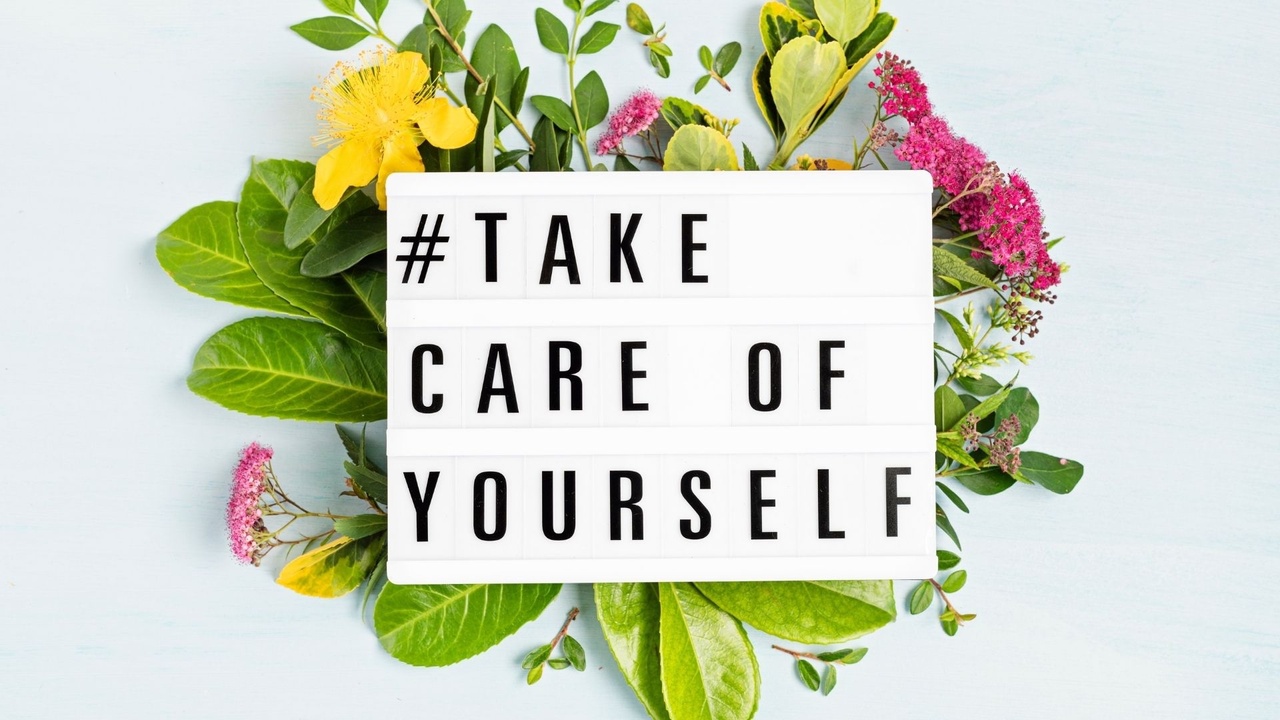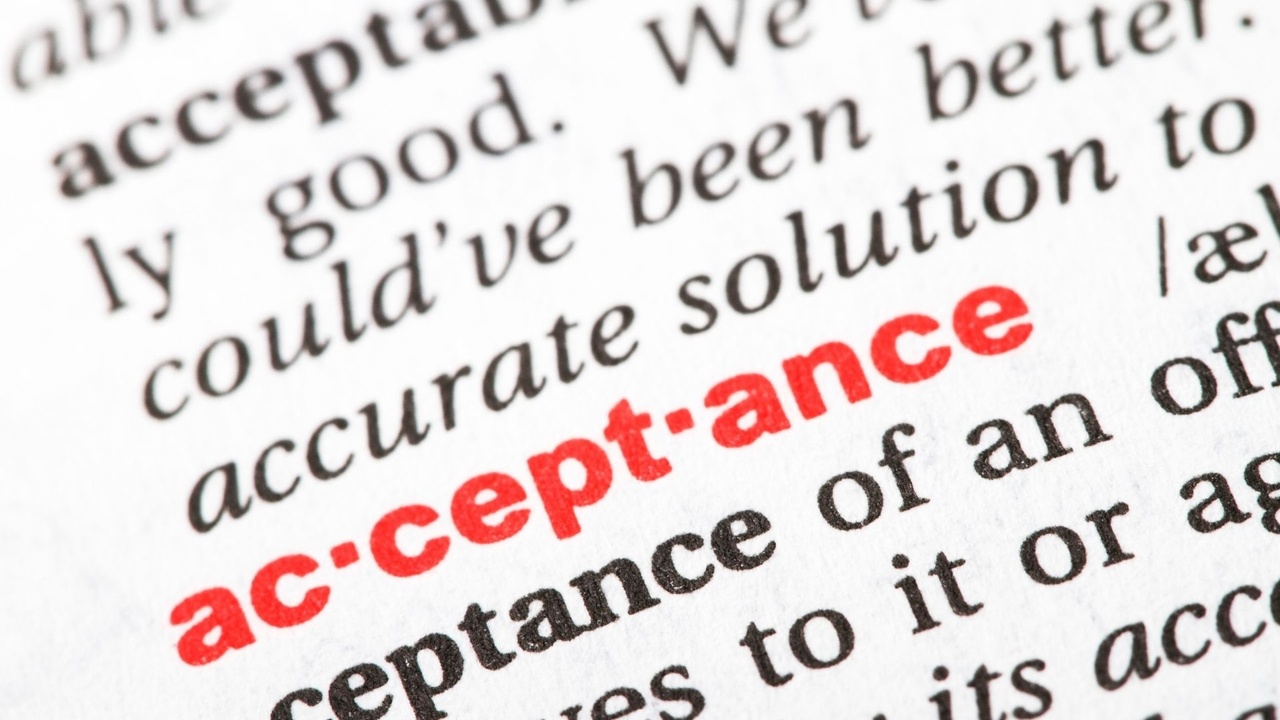Part Four: Prioritizing Safety, Accessibility and Choice in Teaching Breath Work

Part Four: Prioritizing Safety, Accessibility and Choice in Teaching Breath Work
If you are just tuning in here is a recap of this Four Part Breath Work series. If you haven’t checked out these previous blogs I highly encourage you do so prior to reading this as Part 1-3 frame the context for this piece.
- Part One: A Trauma Aware Approach to Breath Work
- Part Two : Understanding the Breath and Nervous System
- Part Three: Exploring Breath Work, Where to Start?
The first thing I always encourage others that are interested in teaching or coaching breath work to do is self exploration. Self exploration should be the first place we start and I whole heartedly believe we should not be teaching or coaching breath work practice that we haven’t spent time with ourselves. You are your own best teacher. I fully believe that we can teach others by way of intimately knowing the practice. Part Three: Exploring Breath work, Where to Start? Can help you with this!
Getting Started
Let...
Part Three: Exploring Breath Work, Where to Start?

Part Three: Exploring Breath Work, Where to Start?
If you have not read Part 1 and Part 2 of this series I highly recommend you do as this will give you an in depth look at what breath work is and why it is imperative we be teaching and coaching breath work in more trauma aware and trauma informed ways.
- Part One: A Trauma Aware Approach to Breath Work
- Part Two : Understanding the Breath and Nervous System
I am passionate about helping all of my clients and athletes understand what breath work is and explore this practice with more awareness so that they may engage with the practice in ways that are centered around accessibility, safety and choice. These are what allow people to practice in ways that support them.
There are a variety of ways to engage in breath work but more importantly you do not have to engage in it at all. This is why I highly encourage everyone to start by thinking about their goal or intention for breath work before embarking on a breath work jo...
Part Two: Understanding the Breath and Nervous System

Part Two: Understanding the Breath and Nervous System
If you haven’t checked out Part One of this four part breath work series, A Trauma Aware Approach to Breath Work I highly suggest you do so. We break down why a trauma aware and trauma informed approach is critical when teaching and coaching breath work.
Now we will dive in to the nuances and connection of the breath and nervous system to reveal exactly why a trauma aware/informed approach supports our clients best.
What is breath work?
We can’t talk about breath work without first acknowledging what the breath is. To breathe is to be alive and breathing is the most basic physiological process that is required for living. Pranayama, which is often used to refer to “breath work” is the one of the 8 limbs of yoga. Prana, means “life force”. Yama means “extension or control”.
The breath is automatic but we can also control it.
In order to control or manipulate it, we have to genuinely understand it. At a foundational se...
Part One: A Trauma Aware Approach to Breath Work

Part One: A Trauma Aware Approach to Breath Work
As mainstream society continues to jump on the breath work bandwagon it is very important we continue to prioritize safety, accessibility and choice with regards to this practice. As a mental health therapist and mindfulness coach that works extensively with athletes, I am passionate about sharing the nuances of such an individualized and powerful practice. I have also personally experienced significant trauma, chronic anxiety and panic disorder in my life and I know firsthand how challenging breath work can be due to these experiences.
Welcome to this Four Part Series on Breath Work.
- Part One: A Trauma Aware Approach to Breath Work
- Part Two : Understanding the Breath and Nervous System
- Part Three: Exploring Breath Work, Where to Start?
- Part Four: Prioritizing Safety, Accessibility and Choice in Teaching Breath Work
Lets dive in!
Breath work is often sold as a grounding and calming practice. Things I have seen or hear...
Perrin Wellness and Performance. The Journey

Hello! Welcome to my work.
My name is Emily Perrin and I am a Mental Health Therapist and Mindfulness and Performance Coach. I am so thankful you are here and I’m excited to share my journey with you in detail. Although my path to this work has not been linear much of it has been shaped by my own lived experience.
The truth is I grew up in and around sport. My Dad was a college basketball coach at the University of Virginia for the first 10 years of my life where he also received his Ph.D. in Sport Psychology. Some of my earliest childhood memories are running around University Hall (which sadly no longer exists) at UVA and going to team practices. Even after leaving college basketball he has continued to work with some of the best athletes in the United States. His career has taken him across multiple professional leagues including the NBA, MLS, NWSL and to two World Cups with the US Men’s National Team. From a very young age this was my life. I knew there was another side to s...
A Mindful and Holistic Approach to Athlete Recovery

If you have not tuned in to my 3 Part Blog series on the connection between Mental health and Recovery please do so! Why Failing to Prioritize Recovery is Impacting Your Mental Health is a detailed look at how recovery and the mental health of an athlete are intimately linked. This will also help you understand the type of nervous system shift we are looking for and explain what the Parasympathetic (Ventral Vagal) Nervous System State is (Referred to as PNS in this Blog).
If you have not downloaded my Free EBOOK: The Athletes Holistic Guide to Recovery, this can be a great place to start!
I am a full advocate of explaining the “why” behind things before giving an athlete or coach solutions or answers. I find that the “WHY” is often what empowers an athlete to step into taking care of themselves more efficiently.
The recovery process will be unique and individual for every single athlete. When working with an athlete or a team I find it best and most beneficial to give options ...
Balance Rumination

When we experience rejection and failure it is NATURAL to think about it. We are going to want to process it and as you have seen from my other principles I am a big fan of this. We need to process and we need to think. But what many of us experience post rejection and failure is actually rumination and THIS can be tough.
What is rumination? Rumination is when our thinking becomes a bit more obsessive, persistent and repetitive. Generally rumination has a negative tone and it creates anxiety for us. For me, it evokes physiological symptoms like an increase in my heart rate and feeling on edge. Rumination can be exhausting. But what differentiates rumination from processing is that it’s not really processing. You’re getting stuck. I love this description from Elizabeth Scott PhD (2020) “What distinguishes rumination from productive emotional processing or searching for solutions is that rumination doesn’t generate new ways of thinking, new behaviors, or new possibilities.” I SO r...
Drop the Judgment.

Here is a common human experience: We have a feeling or emotion. We don’t like it or judge ourselves for said feeling or emotion.
I can’t tell you how many times I have gone through failure and rejection and then beat myself up because I am taking it so hard.
Running dialogue:
“I shouldn’t be this sad”
“It’s not that big of a deal”
“I should be over this”
“It shouldn’t bother me”
“I should be more positive”
Anybody been there? We place so much judgment on how we think and feel. We are a judging species and although we will never NOT judge we can help ourselves out.
In his book “Wherever You Go There You Are,” Jon Kabat-Zinn describes what it might be like to not judge. “Imagine how it might feel to suspend all your judging and instead to let each moment be just as it is, without attempting to evaluate it as “good” or “bad”. This would be a true sillness, a true liberation” (page 55-56). This is what Mindfulness is all about and what we mainly try to accomplish in a mor...
Self Soothe and Self Care

Self Care. What a buzz word these days.
The National Institute of Mental Health (2020) defines self care as “taking the time to do things that help you live well and improve both your physical health and mental health.”
But to me that doesn’t really give us a direction for our self care. What does self care mean?
With COVID especially there has been a shift and A LOT of talk about self care. It’s no surprise that when we are dealing with hard things we NEED to take care of ourselves. In speaking with one of my closest friends last week about what I am going through she mentioned that “we have to have heightened self care when things are tough.”
Failure and rejection are tough.
But at the same time I feel like we’ve morphed self care into many activities, “acts of love” and pampering that aren’t actually taking care of ourselves. Great example, pouring yourself a glass of wine or making yourself a drink at the end of a long day has people hashtagging #selfcare left and right. ...
Accept What Is. Notice Resistance.

“The attempt to escape from pain, is what creates more pain.”
Gabor Mate
Accept vs Resist.
Let’s start with Resistance to our experience.
As Kristin Neff and Christopher Germer explain in their book The Mindful Self Compassion Workbook (2018) “what we resist, persists.”
What does it mean to resist our experience? We run from our emotions. We don’t like our experience. We deny our experience. We avoid, numb and block out what we actually feel. For me, resistance can look like trying to “rationally” or “logically” explain my way out of a feeling. Oftentimes I find myself adding more things than I can count to my schedule and running on “go go go” mode so that I don’t have TIME to stop and feel. I find myself avoiding being alone because when I am alone that means I actually have to be with myself and my feelings. I get irritated, I’m on edge and I find myself getting frustrated with simply having emotion. It’s all resisting.
We resist because feeling is hard. It is incr...

